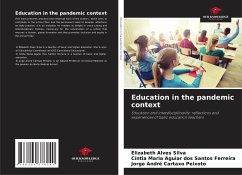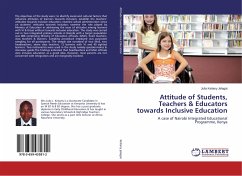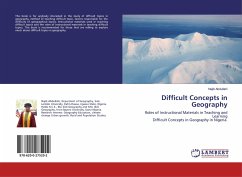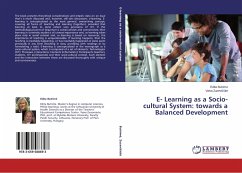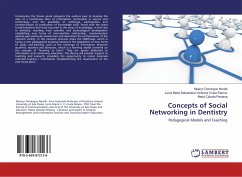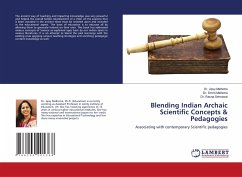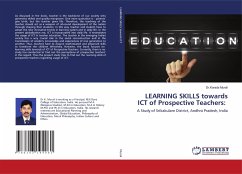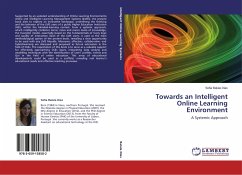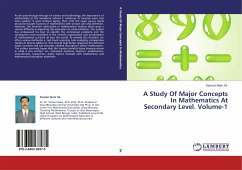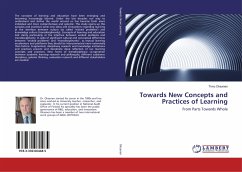
Towards New Concepts and Practices of Learning
From Parts Towards Whole
Versandkostenfrei!
Versandfertig in 6-10 Tagen
28,99 €
inkl. MwSt.

PAYBACK Punkte
14 °P sammeln!
The concepts of learning and education have been enlarging and becoming increasingly blurred. Under the last decades our way to understand and define the world around us has become both more individual and more comprehensive and systemic. This study opens up this paradox and examines some new ideas and innovations regarding learning at the interface between culture (so called "wicked problems") and knowledge culture (transdisciplinarity). Concepts of learning and education lack clarity particularly at the interface between wicked problems and transdisciplinarity. In spite of significant cultur...
The concepts of learning and education have been enlarging and becoming increasingly blurred. Under the last decades our way to understand and define the world around us has become both more individual and more comprehensive and systemic. This study opens up this paradox and examines some new ideas and innovations regarding learning at the interface between culture (so called "wicked problems") and knowledge culture (transdisciplinarity). Concepts of learning and education lack clarity particularly at the interface between wicked problems and transdisciplinarity. In spite of significant cultural and conceptual differences between "wicked problems" and "transdisciplinarity", as mutual learning accelerators and platforms they should be interconnected more extensively than before. Fragmented, disciplinary research and knowledge institutions and practices prevent and decelerate deep reflection of our learning concepts and practices. New forms of transdisciplinary co-operation betweenacademic learning research and philosophy, different substance disciplines, systems thinking, evaluation research and different stakeholders are needed.




